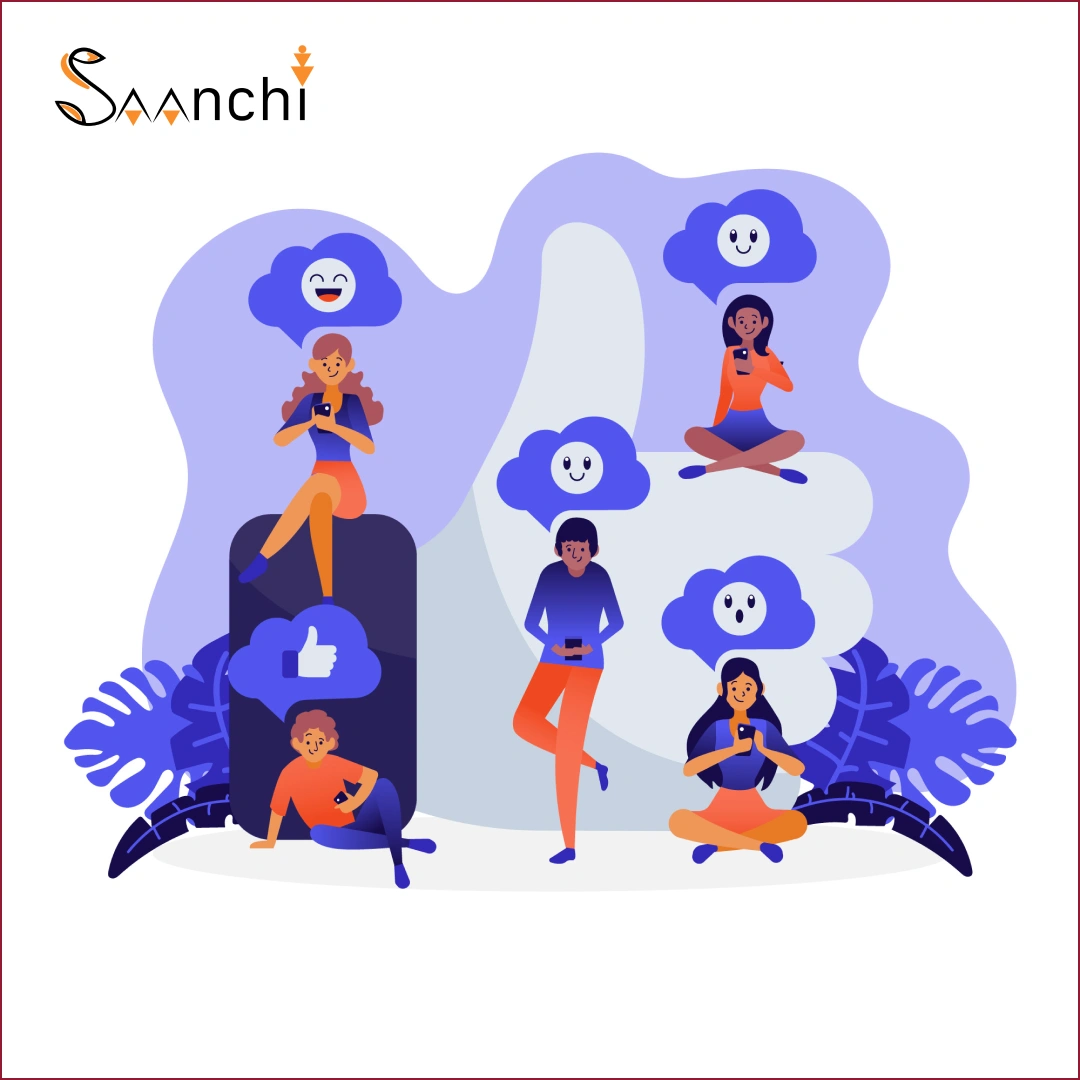In today’s digital age, social media has become an integral part of our daily lives. While it connects people, fosters communication, and serves as a platform for self-expression, it also has profound effects on mental health, particularly for women. Understanding how social media impacts women’s mental health is crucial for promoting healthier online habits and emotional well-being.
This blog will delve into the positive and negative effects of social media on women’s mental health, the psychological triggers it can create, and actionable steps to maintain a healthy balance.
The Double-Edged Sword of Social Media
Social media offers many benefits for women, including opportunities for connection, advocacy, and career advancement. However, its downsides often outweigh the positives, especially when it comes to mental health.
Positive Impacts of Social Media on Women’s Mental Health
- Building Connections and Support
- Social media fosters communities where women can find support, share experiences, and connect with like-minded individuals.
- Platforms like Instagram, Facebook, and Twitter enable women to discuss mental health openly, reducing stigma.
- Access to Mental Health Resources
- Social media provides information on mental health issues, coping mechanisms, and professional help.
- Influencers and organizations share valuable tips, normalizing the importance of mental well-being.
- Advocacy and Empowerment
- Social media amplifies women’s voices, promoting gender equality, mental health awareness, and social change.
- Campaigns like #MeToo and #BodyPositivity have empowered women worldwide.
Negative Impacts of Social Media on Women’s Mental Health
- Comparison Culture and Self-Esteem Issues
- Women often compare their lives, bodies, and achievements to curated content on social media.
- Unrealistic beauty standards perpetuated by filters and edited photos lead to low self-esteem and body image issues.
- Cyberbullying and Harassment
- Women are disproportionately targeted by online trolls and bullies, leading to anxiety, depression, and feelings of isolation.
- Harassment can range from body-shaming to more severe forms of verbal abuse and threats.
- Fear of Missing Out (FOMO)
- Constantly seeing others’ seemingly perfect lives can make women feel left out or inadequate.
- FOMO contributes to feelings of loneliness and dissatisfaction with one’s own life.
- Addiction and Overuse
- Excessive scrolling and screen time disrupt sleep patterns, increase stress, and reduce productivity.
- Social media addiction can lead to a sense of dependence, making it harder to disconnect.
- Emotional Burnout
- Constant exposure to distressing news, unrealistic expectations, and the pressure to maintain an online persona can cause emotional fatigue.
- This burnout is particularly harmful for women juggling multiple roles in their personal and professional lives.
Psychological Triggers Linked to Social Media
- Anxiety and Depression
- Women report higher rates of anxiety and depression due to social media use, often linked to negative interactions and self-comparison.
- Body Dysmorphia
- Platforms that glorify specific body types exacerbate body image issues, particularly among young women and teenagers.
- Perfectionism
- The need to appear perfect online creates immense pressure, leading to stress and reduced self-worth.
How to Maintain Mental Health While Using Social Media
- Set Boundaries
- Limit screen time and designate specific hours for social media use.
- Avoid using social media before bed to improve sleep quality.
- Curate Your Feed
- Follow accounts that inspire and uplift you, and unfollow those that trigger negativity.
- Avoid content that promotes unrealistic beauty standards or toxic comparisons.
- Take Social Media Breaks
- Periodically detox from social media to focus on real-life connections and personal growth.
- Practice Mindfulness
- Be conscious of how you feel while scrolling. If certain posts make you anxious or insecure, take a step back.
- Engage Positively
- Use social media to connect meaningfully with friends, share your thoughts, and spread positivity.
- Seek Professional Help
- If social media use significantly impacts your mental health, consider talking to a therapist or counselor.
The Role of Parents and Educators
For younger women and teenage girls, guidance from parents and educators is vital in fostering healthy online habits. Encouraging open conversations about the effects of social media can help them navigate its challenges.
Saanchi: Supporting Women’s Mental Wellness
At Saanchi, we understand how social media impacts women’s mental health and aim to create a supportive environment for women to thrive emotionally. By providing access to mental health resources, counseling, and awareness programs, we empower women to build resilience and embrace self-love. Together, we can foster a digital landscape that promotes positivity and emotional well-being.
Conclusion
Social media has revolutionized the way we connect and communicate, but its impact on mental health, especially for women, cannot be ignored. Striking a balance between enjoying its benefits and mitigating its drawbacks is key to maintaining mental wellness. By recognizing triggers, setting boundaries, and engaging mindfully, women can take control of their online experiences and prioritize their mental health.


